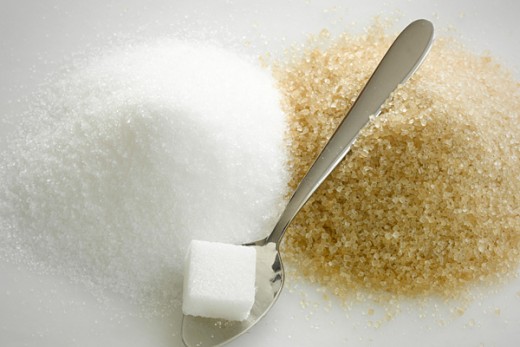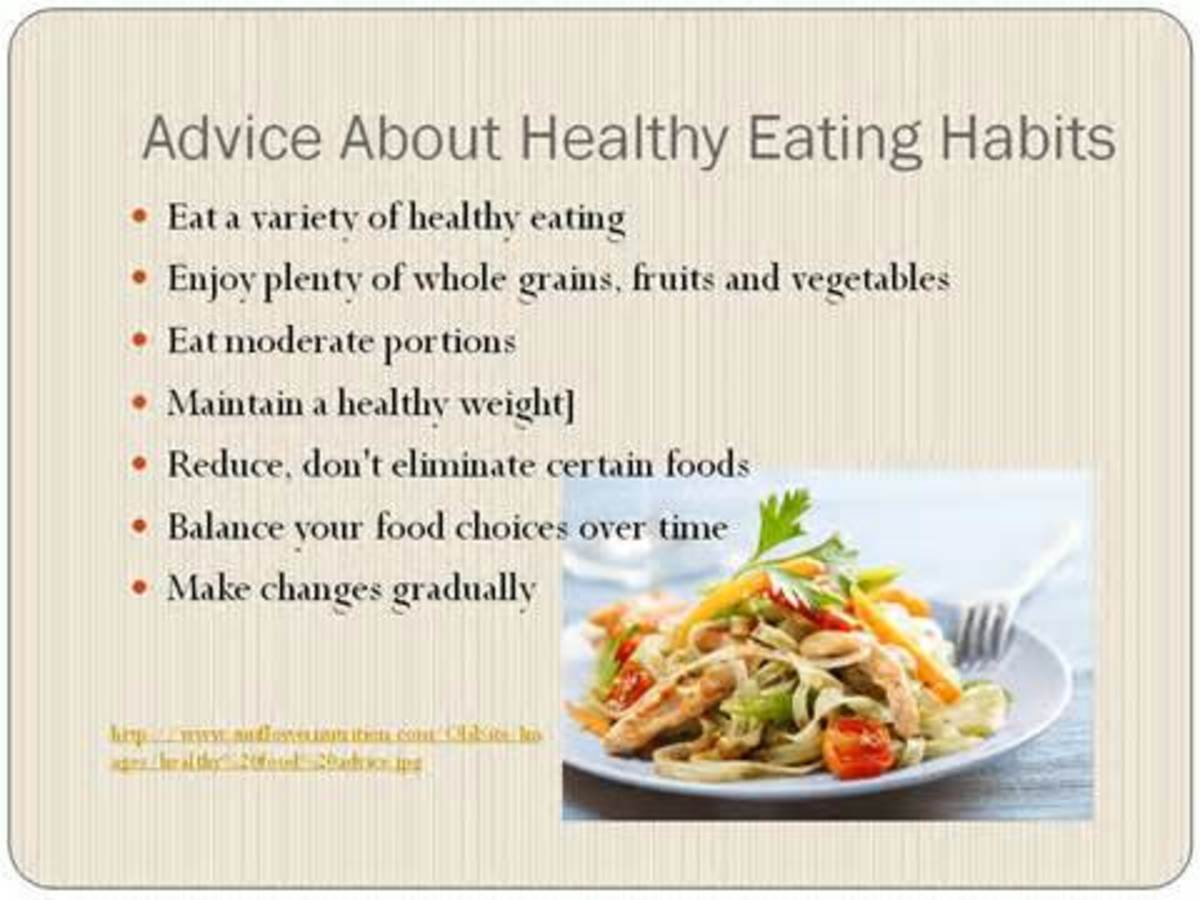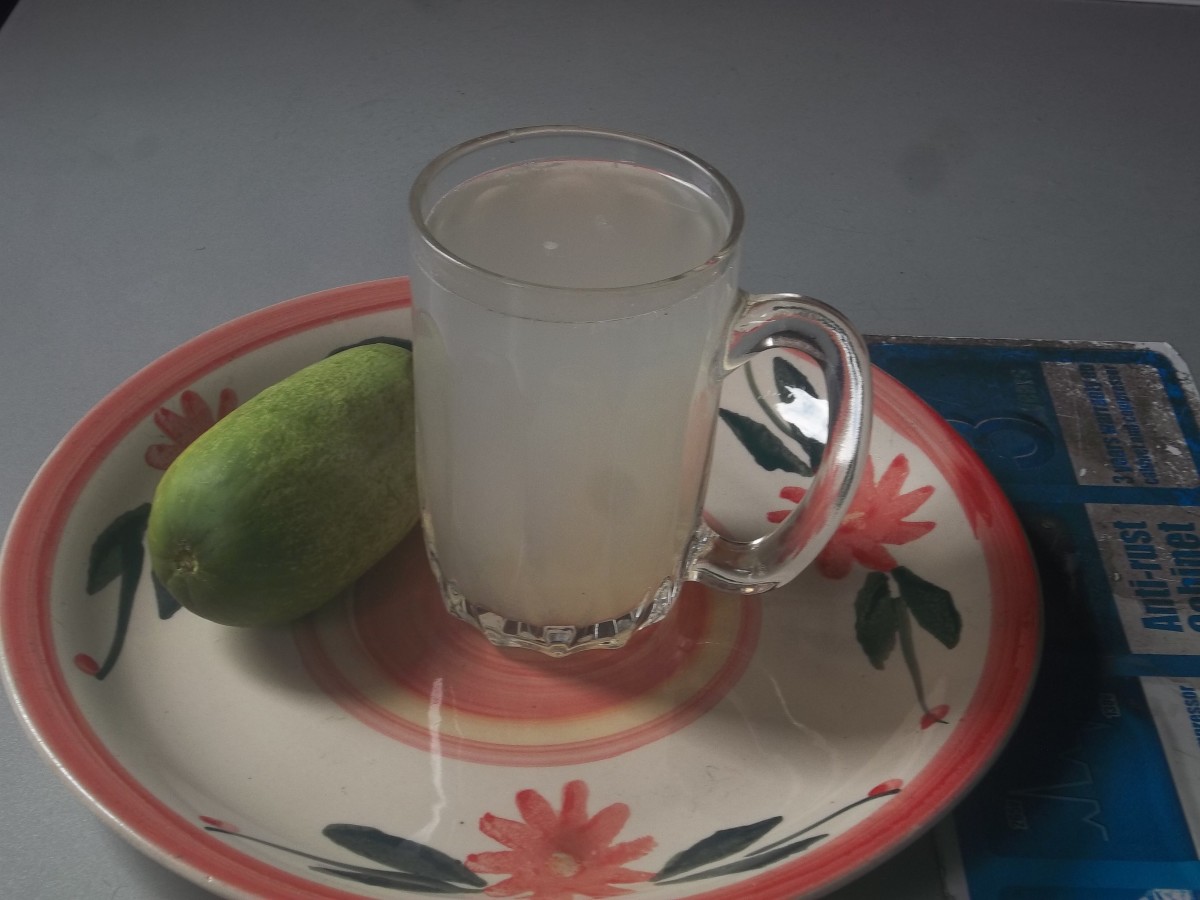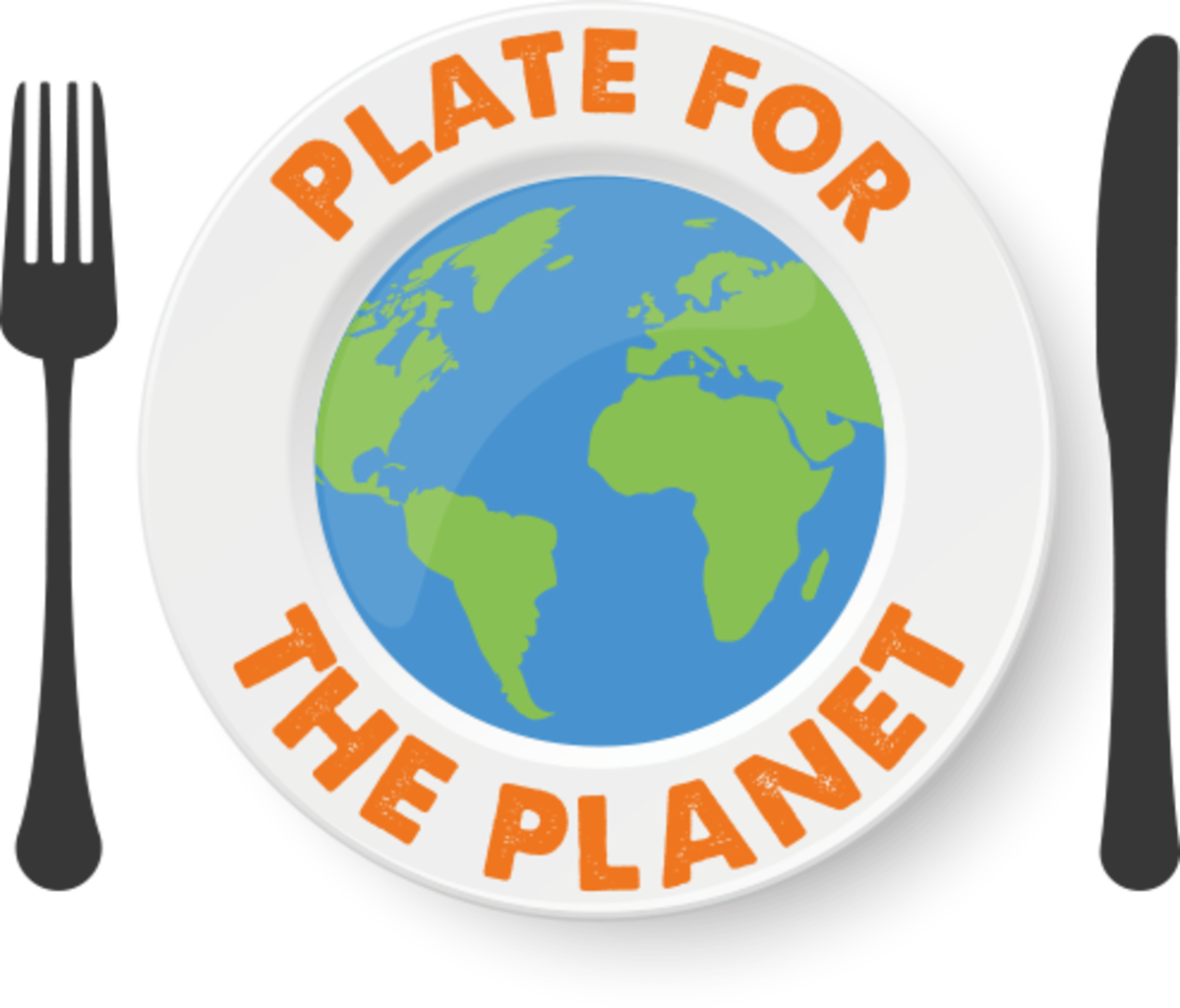Which Sugar Is Better For You? Sucrose or Fructose?

There have been a lot of debate about sugar, especially in the last decade or so now that people have become more health conscious. The health and fitness industry tries to find ways of letting people reduce sugar intake while still administering to their sweet tooth.
Many people have given up sugar altogether while others have switched to artificial sweeteners. The problem with giving up sugar altogether could mean that you may suffer from hypoglycemia otherwise known as low blood sugar. This can occur especially for person who have lowered their carbohydrate intake because they want to lose weight.
While I was on a diet some time ago I did severely reduce both my sugar and carb intake and I would have frequent tremors and grinding of the teethe. My doctor could not find anything wrong with me except my blood sugar had dropped too low. It was determined that my new diet and exercise regime was the cause.
I increased my carb and sugar intake again and I was okay. I have a teaspoon spoon of sugar in my tea each morning and that keeps me for the day. Whatever other sugars I have are found in the carbs and other foods I eat. I don't eat processed foods so I don't have to worry about added sugars. We eat as much fresh food as possible so that eliminates one problem.

The different kind of sugars
There are different kinds of sugars in this world and they all serve their purpose. Some of them are complex sugars are better known as complex carbohydrates and there are simple sugars. Complex carbs are those that help to provide sustained energy by taking a while to be digested and released into the blood stream. These are usually foods that have fiber, vitamins and minerals.
Simple sugars on the other hand digest really quickly and provide a quick burst of energy then subsides just as quickly. These sugars are usually found in drinks and some pastry.
Some types of simple sugars
- fructose - fruit sugar
- glucose - another fruit sugar important for photosynthesis
- sucrose - from the sugar cane
- galactose - not found on its own but along with other sugars such as lactose
- maltose - formed during the germination of grains such as barley and wheat
- lactose - milk sugar
Is Sucrose or Fructose better for you?
A very recent study in Germany conducted on three sets of mice where "set 1" were given brown sugar (sucrose), "set 2" were given granulated sugar (sucrose) and "set 3" were given (fruit sugar) fructose.
After several weeks of feeding these mice it was discovered that all the mice gained weight but the mice that were fed the fructose gained significantly more weight.
Why?
When we consume sugar, insulin is released into the blood stream and this regulates our blood sugar levels. This sends a signal to our brain to tell us when we have had enough. The consumption of fructose does not release insulin so there are no quota signals to say when to stop eating.
Have you ever binged on fruits? Like having fruits all day and still feel hungry? Fructose does not curb appetite but normal sugar does. For example, having very sweet cake or drink will give us a feeling of being full or as we say in my country “it cloys us”. For this reason people will have the sweet desert after a meal or they may have some sweet coffee because they feel cloyed or full afterward and this will stop them from over-eating.
In the same study it was also determined that brown sugar was the better sugar to consume because it retained all the vitamins and minerals from the sugar cane. Granulated sugar, even though has the same effect on us as far as sugar content is concerned, does not retain the minerals from the sugar cane because it has to go through a longer processing period.
And So
What the study also showed is that sugar is sugar regardless of what state it is in so we should moderate our intake for whatever sugar we do consume. So we conclude that, though fruits are an essential part of our daily nutrition we should stick to the required daily amounts or we could have a weight gain problem on our hands, especially for those on a weight loss diet.
Disclaimer
This article is not intended to be a substitute for professional medical advice, diagnosis or treatment. You take full legal responsibility for whatever decisions you make regarding you own health care. Consult your health care provider about your nutrition.








